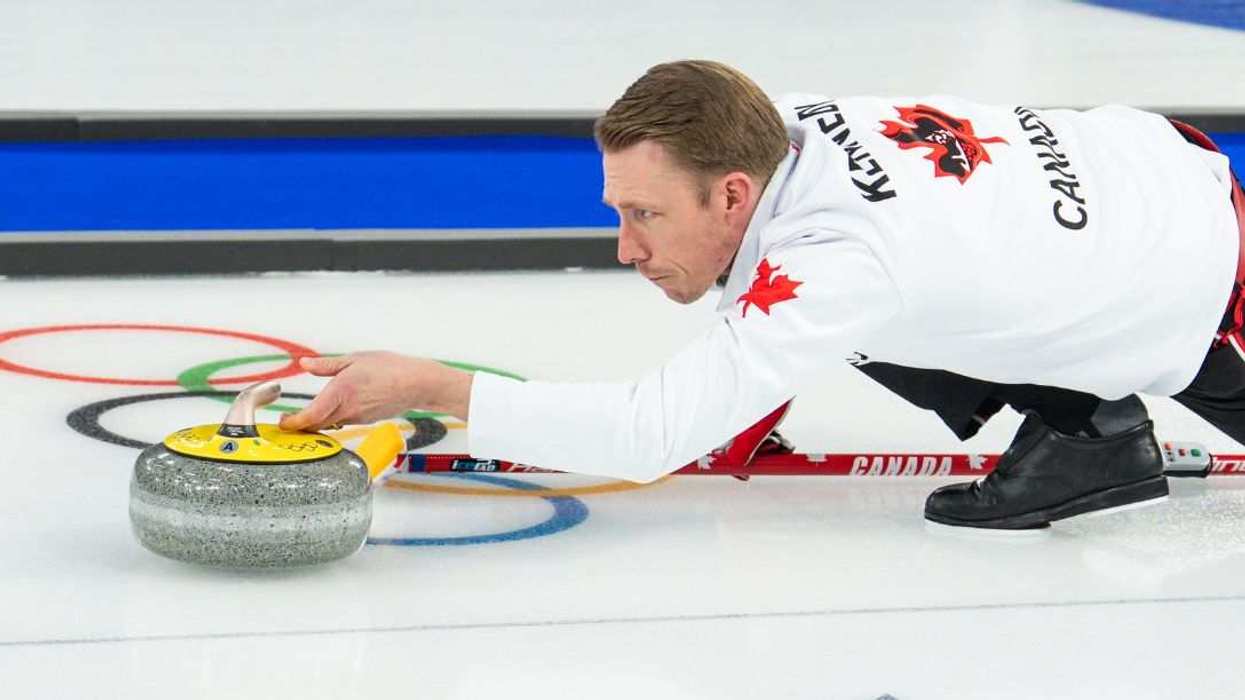Carl Bernstein, the Pulitzer Prize-winning journalist who, along with Bob Woodward, established his storied career on the landmark reporting he did on the Watergate scandal, says that President Donald Trump will likely "throw legal challenges into the courts" to undermine the legitimacy of the upcoming midterm elections. Bernstein refers to this political strategy as "untruth."
Speaking to Brian Stetler during an interview on CNN's Reliable Sources, Bernstein said:
"I talked to people...in touch with the White House on Friday who believe that if the congressional midterms are very close and the Democrats were to win by five or seven seats, that Trump was already talking about how to throw legal challenges into the courts, sow confusion, declare a victory, actually, and say that the election's been illegitimate. That is really under discussion in the White House."
"We have had presidents in the past who have lied—there is no question about that—but what we have never had is a president of the United States who uses lying and untruth as a basic method to promote his policies, his beliefs and his way of approaching the American people and engaging with the world," Bernstein continued. "His default position is to use untruth to go toward his objectives."
Bernstein pointed to Trump's recent comments about widespread voter fraud as an example of his "untruth" strategy.
The press needs "to be doing stories about the reality of whether or not there is widespread voter fraud" to counter the president's lies, he suggested.
Bernstein's comments come on the heels of a FiveThirtyEight analysis which projects Democrats have an 86 percent chance of winning the House; another analysis calculated Democrats have a 22 percent chance of gaining control of the Senate.
Naturally, political leaders, members of the media, and members of the public alike have expressed similar concerns, and Bernstein's remarks have only affirmed what people already believe: That it would not be outside the president's wheelhouse to challenge an election.
Bernstein's concerns are not out of the ordinary: Trump has often claimed that millions voted illegally in the 2016 presidential election, ironically casting doubt on the election he supposedly won. He even established a voter fraud commission to investigate just that.
But in August, in a letter addressed to Vice President Mike Pence, who chaired the now-defunct committee, and Kris Kobach (the commission’s vice chair), former commission member and current Secretary of State of Maine, Matthew Dunlap, stated that the president’s now dismantled voter fraud commission uncovered no evidence to prove Trump’s dubious claim.
“I joined the Commission out of a sense of duty as a citizen and as a Secretary of State,” Dunlap wrote. “The integrity of our elections, the public’s faith in the same, and the ability of citizens to exercise their right to vote, are critical to our democracy. I also joined the Commission in good faith and with optimism that its members would conduct their inquiry without bias or preordained conclusions.”
That’s not quite how things went, he added:
Unfortunately, my experience on the Commission quickly caused me concern that its purpose was not to pursue the truth but rather to provide an official imprimatur of legitimacy on President Trump’s assertions that millions of illegal votes were cast during the 2016 election and to pave the way for policy changes designed to undermine the right to vote.Surprisingly, I and other commissioners were excluded from Commission deliberations and activities. I had little to no say in when or what or why we discussed any matter. It quickly became apparent that a small, select number of commissioners were quite active, selecting witnesses for public meetings and formulating the Commission’s agenda. The message was clear: dissenting or even questioning voices were unwelcome.
Dunlap further calls out his fellow commission members for their “troubling bias”:
That the Commission predicted it would find widespread evidence of fraud actually reveals a troubling bias. While individual cases of improper or fraudulent voting occur infrequently, the instances of which I am aware do not provide any basis to extrapolate widespread or systemic problems. The plural of anecdote is not data.
Dunlap further acknowledges that not everyone will “accept” his findings. He says he figured the best tactic to employ would be complete transparency, the opposite of what the commission exhibited:
I do not expect the public simply to accept my conclusions. I am, after all, attempting to prove a negative. There is no single document that reveals there is no widespread voter fraud. Instead, I rely on the lack of any evidence in the totality of what I have reviewed. Accordingly, after reviewing the material, I have concluded that my only recourse is to publish all of the documents made available to me, so Americans can conclude for themselves that evidence to support the statements of Vice Chair Kobach and the White House regarding the purported preliminary findings of the Commission does not exist.
Dunlap filed a lawsuit against the commission in November 2017, NBC notes, “in an effort to gain access to materials and documentation he felt was being kept from him and other members of the committee.” His lawsuit alleged that Pence and Kobach had violated the Federal Advisory Committee Act), which has a special emphasis on open meetings.
















 @JaJa_no_NO/X
@JaJa_no_NO/X @CWMorgan1000/X
@CWMorgan1000/X reply to @spain2323/Instagram
reply to @spain2323/Instagram reply to @spain2323/Instagram
reply to @spain2323/Instagram reply to @spain2323/Instagram
reply to @spain2323/Instagram reply to @spain2323/Instagram
reply to @spain2323/Instagram reply to @spain2323/Instagram
reply to @spain2323/Instagram reply to @spain2323/Instagram
reply to @spain2323/Instagram reply to @spain2323/Instagram
reply to @spain2323/Instagram reply to @spain2323/Instagram
reply to @spain2323/Instagram reply to @spain2323/Instagram
reply to @spain2323/Instagram reply to @spain2323/Instagram
reply to @spain2323/Instagram reply to @spain2323/Instagram
reply to @spain2323/Instagram reply to @spain2323/Instagram
reply to @spain2323/Instagram reply to @spain2323/Instagram
reply to @spain2323/Instagram reply to @spain2323/Instagram
reply to @spain2323/Instagram reply to @spain2323/Instagram
reply to @spain2323/Instagram reply to @spain2323/Instagram
reply to @spain2323/Instagram